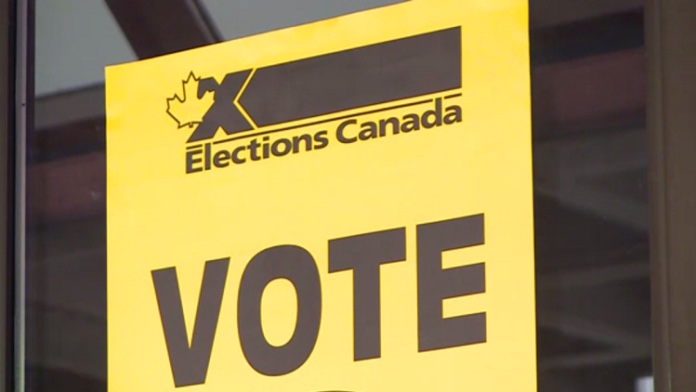Just as abrupt changes in leaves’ colours herald the coming of winter, shifts in global environment signal that our world is on the cusp of a climate crisis. There is currently an insect apocalypse, and the drastic decline in global bird populations over the past few decades is starting to look like one as well. The worldwide epidemic of wildfires in places such as Brazil, Lebanon, and Siberia, which are inundating the ‘world’s lungs’ by the day, is just one of the more obvious harbingers of climate doomsday.
United Nations reports outlining the sheer immensity of the challenge that the world faces in preventing climate armageddon have become increasingly foreboding. Voting for officials that will commit themselves to institutional changes to counteract climate change is one of the few means that students have to safeguard their future. It is in the interest of every McGill student with the eligibility to vote to give candidates’ proposals to tackle climate change the most weight during the upcoming Canadian federal elections when determining who to vote for.
Climate policy should not be the only factor that determines someone’s vote. Candidates’ approaches to dealing with economic inequality, immigration policy, racial inequality, and other issues need to be factored into the calculus as well. However, if climate change is not addressed effectively, these issues will be exacerbated. As sea levels rise, climate scientists predict that millions of people will be displaced within the next two generations. This mass migration of refugees that rising sea levels could create would dwarf the consequences of current climate change-related displacement. The four major parties may disagree about how many immigrants and refugees should be accepted into Canada every year, but there should be unanimity on the need to do what can be done to prevent the rising sea level to prevent an even greater migrant crisis.
Socioeconomic inequality is already being compounded by climate change. Within Canada, climate change does not affect communities equally: It has a disproportionate impact on lower-class communities, Indigenous communities, and people of colour. If climate change accelerates, socioeconomic inequality will severely increase.
Considering how inextricable climate change is from other political issues, it stands to reason that if a candidate has a strong climate policy, then they have a solid approach to preventing the escalation of existing socio-economic problems. The Green Party, headed by Elizabeth May, has advocated for “Mission Possible,” a comprehensive plan to dramatically transform the Canadian economy to make it more climate-friendly and avoid “climate catastrophe.” Jagmeet Singh of the New Democratic Party has also promoted “Power to Change” a climate action plan to create new jobs in clean energy.
Prime Minister Justin Trudeau’s carbon tax has been utterly ineffective. Rather than reducing dependence on fossil fuels, the tax has raised the cost of fuel for average Canadian and created frustration across the nation. Moreover, given the paradox presented by his government’s acquisition of the $4.5 billion Trans Mountain Pipeline expansion project, one can hardly call his approach to climate policy practical. However, the Liberals have at least committed to curbing emissions. As demonstrated by his statements at the federal leaders’ debates. On the other hand, Andrew Scheer and the Conservative Party would give provinces such as Alberta, where the economy is extremely dependent on fossil fuel exploitation, greater autonomy to draft their own environmental regulations, which is extremely counterintuitive to sustainability. Scheer’s proposal is contradictory to environmental interests because it would ensure that carbon emissions and other environmentally-destructive practices proliferate, guaranteeing grave consequences for the nation in the long run.
The reins of Canada’s government should be given to a candidate who will take the necessary steps to ensure that future administrations even have a Canada to govern. McGill students need to vote for someone who will prioritize climate policy and stand up to multinational fossil fuel corporations. We need leaders who will translate their words into action; leaders who will channel legislative power into ensuring that the world that students are graduating into won’t be destroyed.








